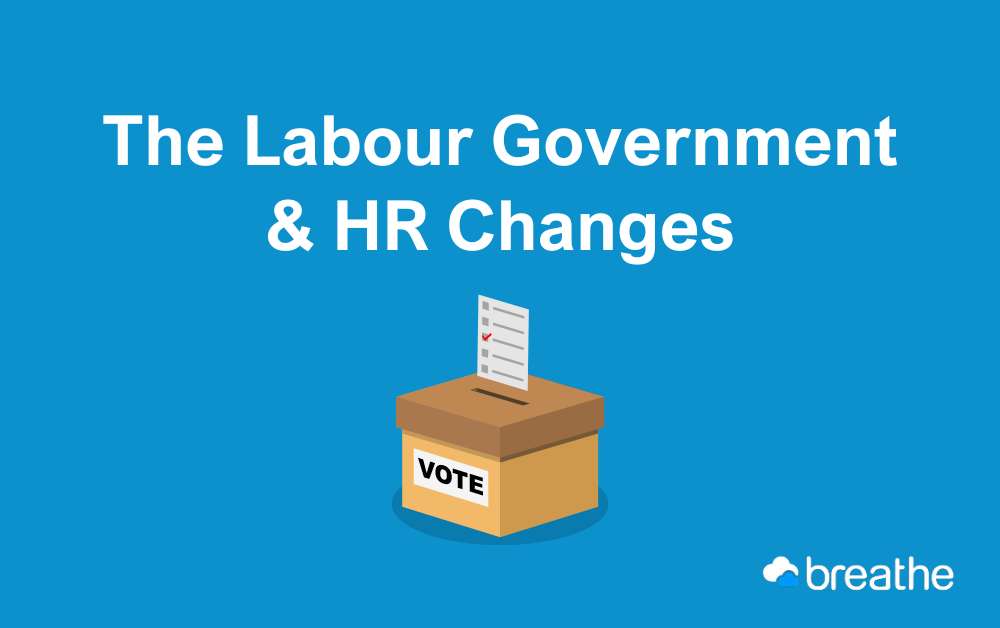The election is a hot topic currently, with many businesses wondering how a Labour Government will impact their business operations.
Having recently attended the excellent Breathe HR post-election webinar, we’ve put together an article on this subject. Capturing some of the main questions we have had from our team and clients.
A change in government will almost always bring a mixture of new opportunities and new challenges for SMEs. Let’s take a look at how you can prepare accordingly for any possible changes.
Commitment to Business
What the Labour Government are aiming for
The new Labour Government appears to be demonstrating a commitment to developing a supportive and welcoming environment for all businesses. This is encouraging for SMEs, who are facing an upcoming period of growth. The initial approach from the Government seems to suggest they are fully focused on implementing long-term changes instead of immediate changes – we should not expect overnight changes.
The first 100 days of the new government will set the tone for the future landscape, but don’t view this as a deadline for all changes mentioned within their manifesto. This can be viewed as the beginning of carefully planned change.
Some areas that Labour will be keen to focus upon are ensuring better access to funding and more support for digital transformation & innovation. In addition, Labour are likely to aim for a more inclusive business environment through the form of a steady and methodical approach. These policies should be replicated across the country wide business environment and are designed to create a more robust economic climate.

Day One Rights
What rights are involved here?
Labour are keen to improve employment rights, by making some specific employment rights a day-one right – including the right to request a flexible working pattern. What does this mean for the world of HR?
First up, your HR department should be reviewing your company documents, taking a particular interest in bereavement, carers, and parental leave documents. By reviewing these documents, you are ensuring compliance with any new upcoming regulations, ones which will include enhanced rights for employees.
As always, we’re happy to help you with any reviewing of documents. This is one of the main services we provide to clients. Other services can be found here. This is your opportunity to get ahead of the game and get your policies reviewed ahead of everyone else. You can demonstrate a commitment towards your employees wellbeing and your organisation’s future by adapting to these changes early.
Check out the video below on flexible/hybrid working patterns.
Changes for the Positive
Embrace these changes
These changes can present the perfect opportunity for businesses to improve their workplace environments. Supportive workplaces facilitate for a positive workplace culture. The benefits of this are endless. To name a few – attract & retain the best and most talented employees, a more committed and dedicated workforce, all whilst generating a welcoming environment.
You may see an increase in business performance. If an employee is happy and feels valued, they are more likely to produce a high standard of work and be innovative within their job role. Customer satisfaction is likely to spike alongside overall business success. These are just some of the benefits you can take from these potential upcoming changes.
In addition, you should aim to embrace these changes and demonstrate compliance and a commitment to employee wellbeing. Attract higher quality candidates by bettering your workplace’s reputation as an employer. Word of mouth is one of the quickest and easiest way to spread the positive feeling about your workplace and one that should not be underestimated.
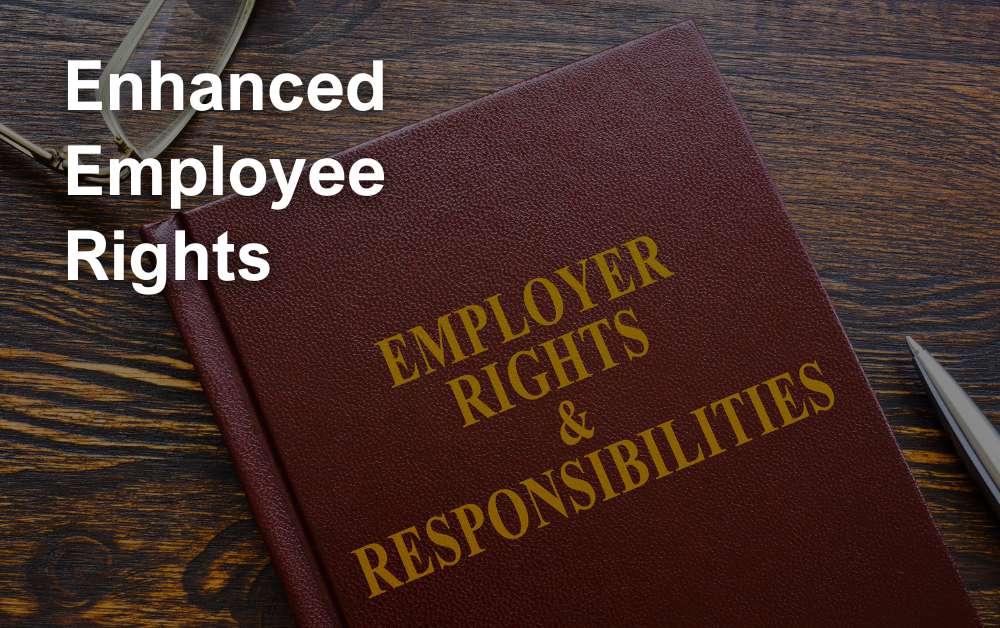
Be Ready to Adapt
Changes are afoot
New, incoming policies will mean that businesses have to adapt appropriately to these changes. For instance, employee management may become more challenging as you make the relevant changes to your business operations. You may need to look at revising work schedules, creating new carer’s, bereavement and parental leave policy.
Enhanced employee rights is expected to be a big part of Labour’s changes, and you will need to ensure that you are compliant here. With changes, it is important to plan out what you need to do & when you need to do it by. Make sure to communicate this regularly to your team. Clear communication channels ensures no break down, whilst also increasing morale and productivity.
It is imperative that SMEs stay informed of any upcoming changes and the impact they may have on them. If you have any queries about any upcoming changes, we are always more than happy to support you on this.

Zero-Hour Contracts
More stability for employees
Zero-hour contracts tend to be a topical issue, and Labour are set to make some changes to zero-hour contracts. Notably, they want to ensure that all employees, who are currently on a zero-hour contract, have the right to a standard contract, providing an increased level of stability for workers. Please note, this only applies to employees who are:
- Currently on a zero-hour contract – this is an agreement where there is no minimum number of hours that the employer is required to provide, meaning that employees do not have a sustainable weekly schedule. These contracts typically favour the employer over the employee.
- Regularly work 12 hours or more on a weekly basis. If an employee works for 12 hours or more every week, they could be considered a regular employee. Labour will aim to support these employees through the form of a right to a standard contract.
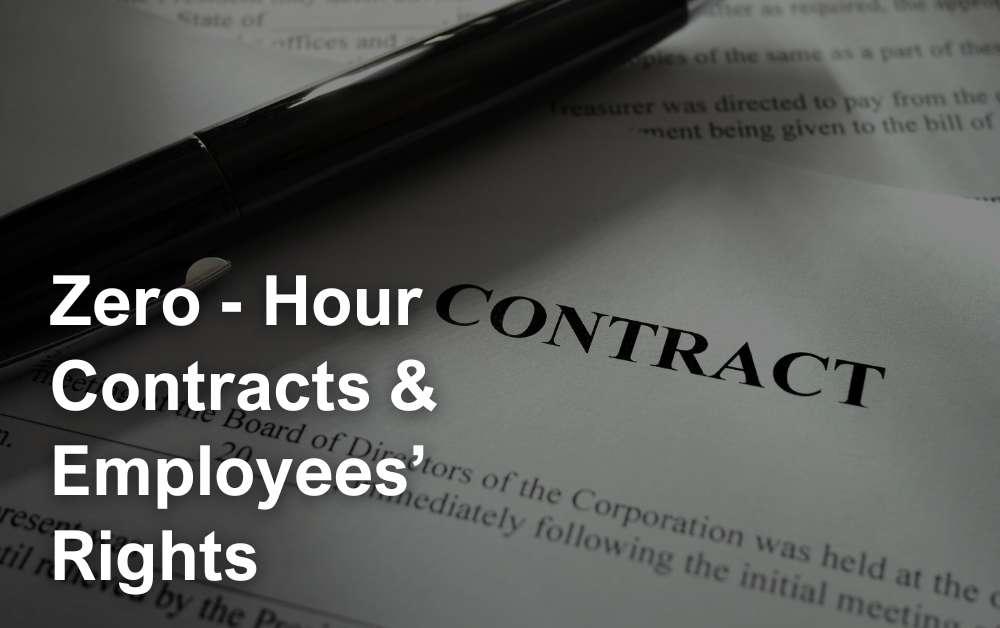
The Mental Health Act
It’s time to prioritise people’s mental health
Labour are keen to modernise and enhance the Mental Health Act – something which has been accelerated due to the affect the COVID pandemic had on the population’s general mental health. You have a responsibility, as an employer, to provide robust mental health support to your employees, including provisions for menopause support. Click here to find out more about Menopause in the Workplace.
Further to this, Labour is aiming to reduce the average wait time for a mental health appointment by recruiting an additional 8,500 mental health support workers. This is one small part of a thorough strategy implemented by Labour to increase the availability of mental health services across the country. Currently, there is a strain on mental health services with long waiting lists. Therefore, this strategy should aim to reduce waiting lists and provide efficient solutions for anyone suffering from mental health issues.
You can check out our podcast on the importance of employee wellbeing below.
Employment Tribunal Updates
Changes to unfair dismissal claims
Labour are planning to make a number of updates surrounding employment tribunals. Labour are making unfair dismissal claims a day-one right, meaning that there will no longer be a qualifying period for claims like this.
It is also possible that Labour will remove any caps on awards given in employment disputes. As of right now, there is a limit to the maximum amount you can win in compensation for a case of unfair dismissal or any other employment disputes. Some cases of unfair dismissal can be extremely serious and harmful for the employee, and by removing these caps, Labour are not only recognising that but also opening the door for higher compensation amounts to be awarded. In turn, we may see a reduction in unfair dismissal cases as employers will be more wary of how they are treating their employees.
These changes reflect Labour’s desire to support employees and ensure that employees are protected fairly.
You can read Alistair’s Ask The Expert article here, in which he talks about how to create a positive workplace culture and avoid any of the aforementioned issues.
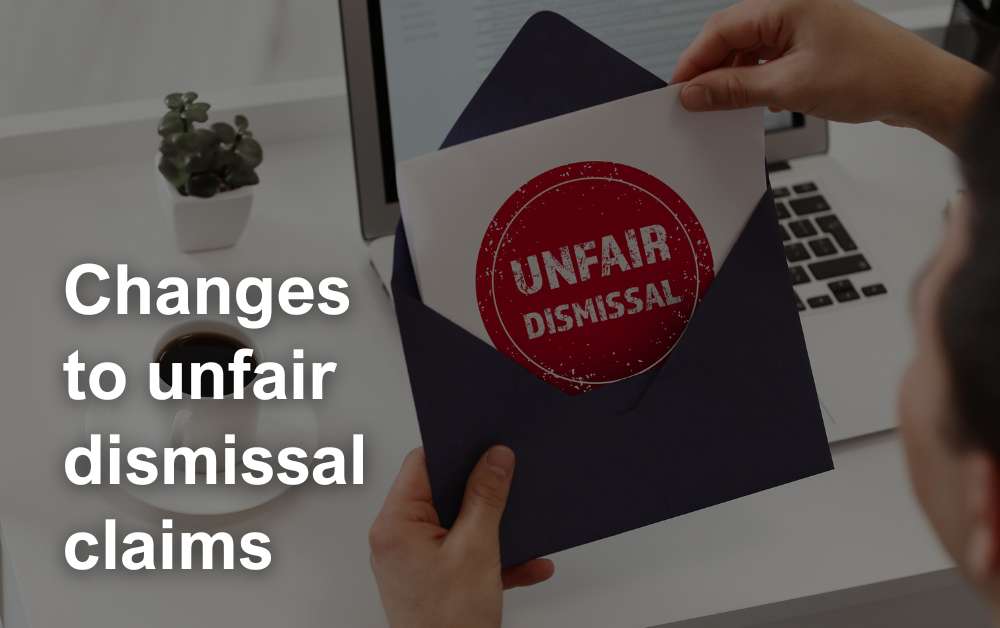
The Equality Act
Dual-Discrimination claims
Labour are seeking to enhance The Equality Act to include more protected characteristics, providing employees with further security rights. This will mean that more people are protected from discrimination, ensuring a more welcoming environment in your workplace. It is predicted that these new regulations could cover further area such as socioeconomic status – this meaning that it will be unlawful to discriminate against someone due to their economic background.
In addition, Labour is considering introducing dual-discrimination rights – providing the right for a claimant to bring a claim if they have been the victim of discriminatory treatment because they have two qualifying protected characteristics. An example of this is, if an employee is discriminated against because of their age and gender, they would be able to put forward a dual – discrimination claim. This is recognising that the case is more complex and provides a further layer of protection for anyone who suffers from discrimination, especially if this is based off of multiple different characteristics.
Labour are keen to have a clearer and more robust policy structure in place to help reduce discrimination of any kind. If you are looking for support or assistance on these new laws, we are happy to chat them through with you. In the meantime, you can find out more about dual-discrimination here.
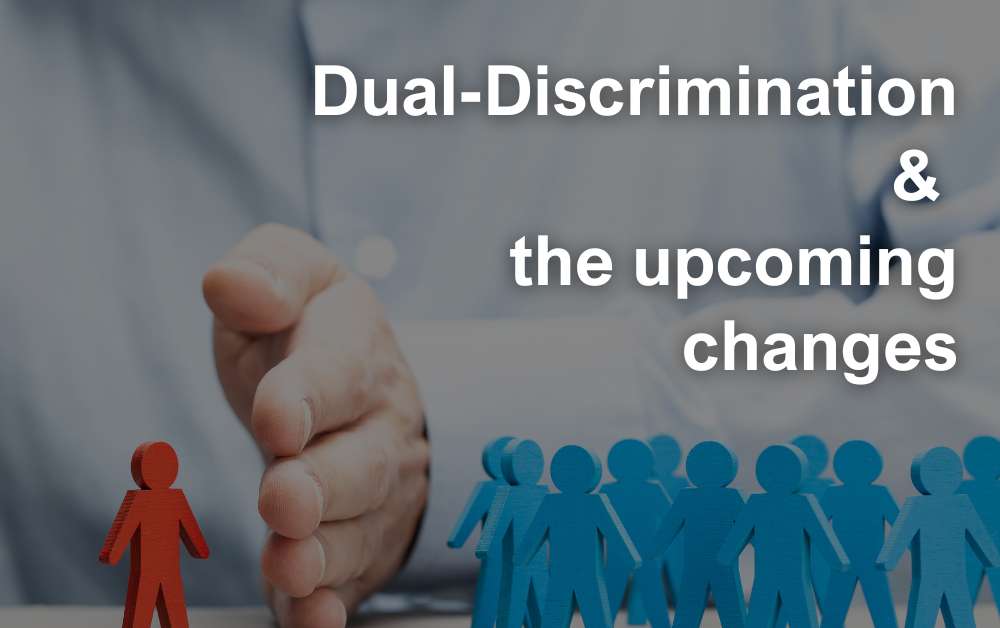
Carer and Bereavement Leave Review
Carer’s to be paid
Labour is intending to make some changes to the current carer and bereavement leave policies. One such change is making bereavement leave statutory. Furthermore, Labour is seeking to change the law surrounding carer’s leave – with the aim of making this one-week paid rather than one-week unpaid. Again, it is important to note that these changes, if made, will take time to implement. You can read more about employees’ rights surrounding leave here.
The Labour government is still early into their tenure, but any proposed changes will be made over time, and not necessarily within the first 100 days. As an employer you can use these changes to your benefit. You can stay informed on any upcoming changes in the HR world by following us on our social media platforms. We are always happy to chat about any concerns you have, and how we can support you on these.

